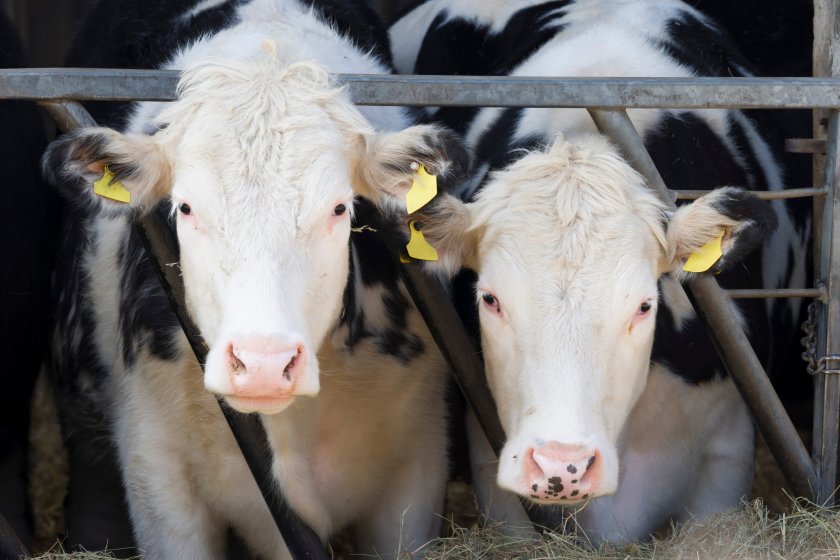
Farmers within the 10km temporary control zone (TCZ) set up after an outbreak of bluetongue in Kent are being asked to continue to comply with the legislation and guidance.
Defra set up the TCZ around the farm near Canterbury after a single case of bluetongue virus 3 (BTV 3), a notifiable exotic disease, was confirmed in a cow.
The Animal and Plant Health Agency (APHA) says it is continuing to undertake further investigations following the outbreak on 11 November.
Dr Joseph Henry, chair of the Ruminant Health & Welfare bluetongue working group, has urged farmers within the TCZ to continue to comply with the legislation and guidance.
For farms within the zone, he said animal movements will not be licensed within or out of it until APHA has a better assessment of the disease situation.
However, specific licences can be applied for if movements are deemed urgent due to a genuine welfare need.
"If farmers within the TCZ feel they are in this situation, they must apply to APHA for a specific licence to move animals to a holding within the TCZ," he said.
Farmers within the TCZ also need to prepare to be contacted by APHA who will be carrying out surveillance testing on-farm.
Dr Henry said: "To prepare for testing, APHA is asking farmers to have their documentation and records up to date, including movement records and medicine use records. It may help to have paper copies of these to hand."
BTV 3, a new emerging strain, has been spreading rapidly in European countries in recent months.
There is currently no current vaccine for this strain, with Dr Henry pleading with farmers in the UK to remain vigilant.
“Our advice and recommendations remain centred around supporting affected farmers as quickly as possible, with the main focus on surveillance," he said.
“Farmers need to beware when buying or moving animals in, take action to report any suspicious clinical signs and prioritise biosecurity, and always, remain vigilant.
“Surveillance and close monitoring of livestock is key," Dr Henry said.
For farmers applying for movement licences, he stated that all applications are reviewed and assessed on an individual basis.
He advised that to avoid delays, farmers should ensure all information requested is included in applications.
“Depending on the nature of the application and the number of applications, you may not have a response for five days.
"It’s recommended that if you wish to move animals, you should apply promptly as soon as it is indicated that a licence is or likely to become available.”
